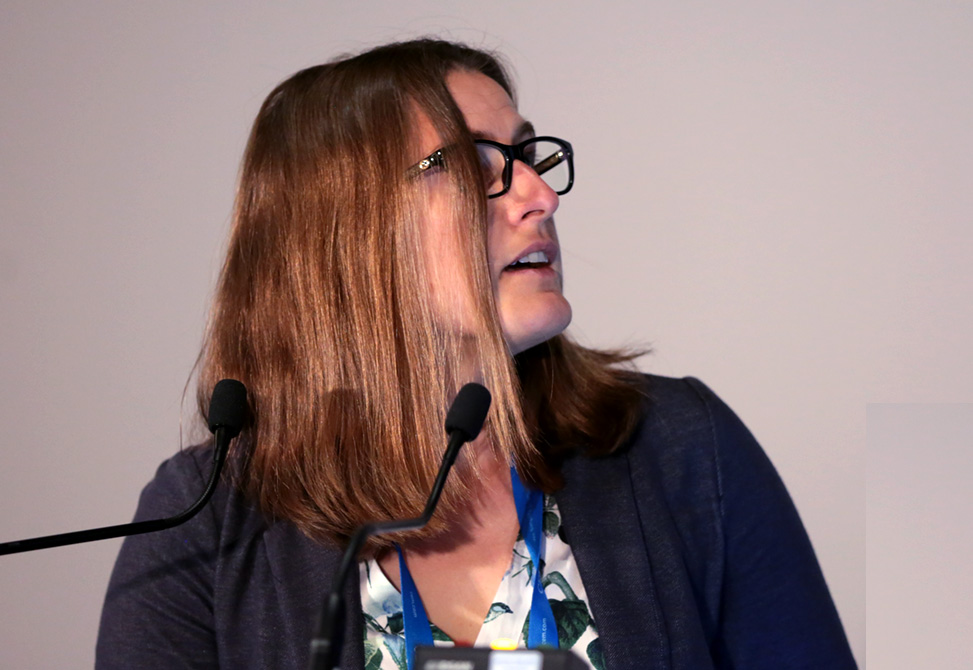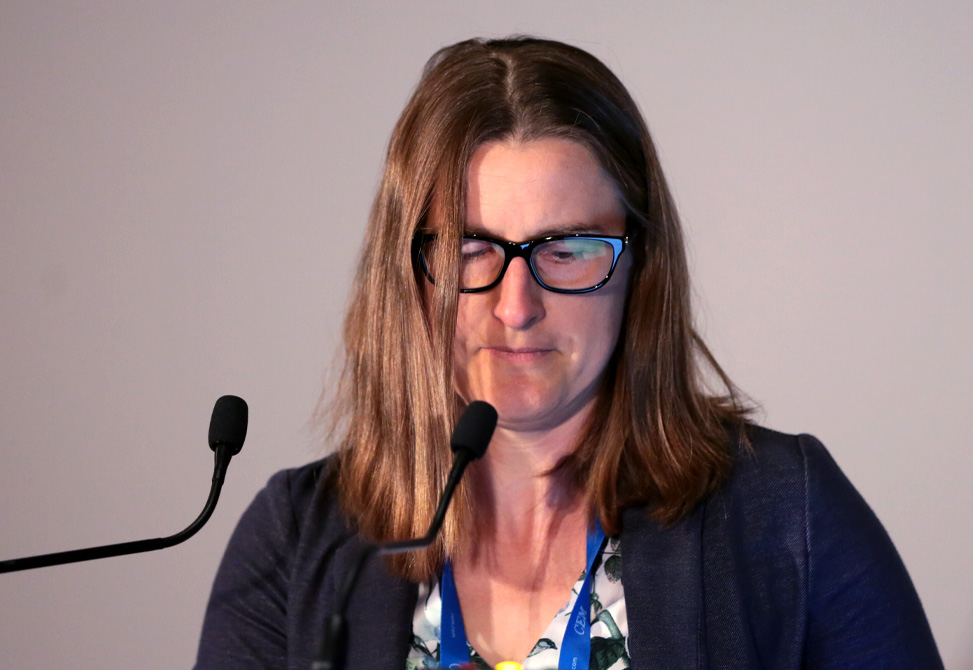Ewa Lis
Koliber Biosciences Inc.
Talk Session: SESSION 10: NEW HORIZONS IN PEPTIDE SCIENCE: GREEN METHODS AND DATA SCIENCE
Date: Wednesday, June 15, 2022
Talk Time: 09:15 am - 09:35 am
Talk Title: Peptide Hit Identification and Lead Optimization Using Artificial Intelligence Approaches
Ewa specializes in developing features, encodings, and deep learning architectures suitable for solving biological data problems with machine learning. Prior to founding Koliber in 2014, Ewa held leadership positions at several companies including Life Technologies, Genomatica and Reveal Biosciences, where she developed innovative technologies from algorithms for pathology tissue classification to genome engineering research tools and microbially derived renewable chemicals. She holds a BA in Chemistry from Cornell University and a Ph.D. in Biological Sciences from The Scripps Research Institute.
Artificial Intelligence / Machine Learning approaches have been widely adopted for small molecule drug discovery however similar approaches for peptides are still in nascent development. The challenges are driven by limited availability of peptide datasets, high dimensionality of the design space as well as poorly developed methods for encoding peptides for deep learning algorithms. Moreover, the performance of the machine learning systems is often evaluated only in a computational fashion and new predictions are rarely validated in the wet lab.
To solve the challenges of encoding peptides to the machine learning algorithms, ten encodings were developed and evaluated on several datasets. The designed encodings outperformed the common method of one-hot-encoding, with largest improvements observed on small datasets. Methods to interpret and visualize the model predictions were also developed to aid in a better understanding of the key performance drivers.
In addition to supervised machine learning methods, approaches to represent and visualize peptide design space in low dimensions were developed and utilized to demonstrate that hits can be identified at five-fold increased efficiency compared to random screening. Moreover, models built with only 6 positive datapoints were able to correctly prioritize the peptides for the next screening round.
To validate the AI peptide platform, novel anti-microbial peptides were predicted by the machine learning models and shown to have potent activity against gram negative microorganisms. Moreover, multiple substitution mutations were predicted that resulted in up to 32-fold improvement in MIC values at first testing iteration.






